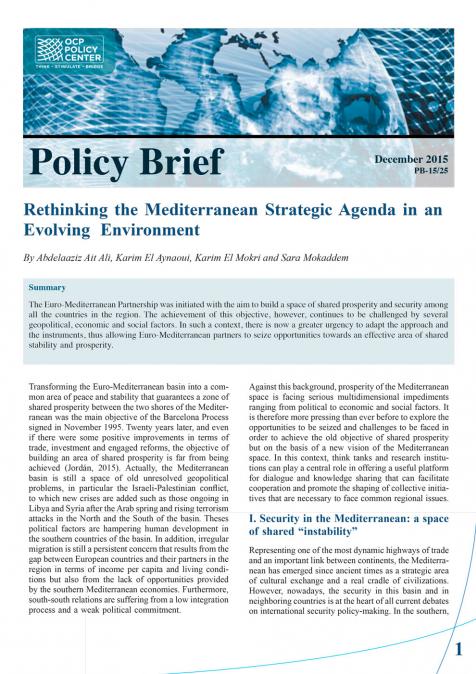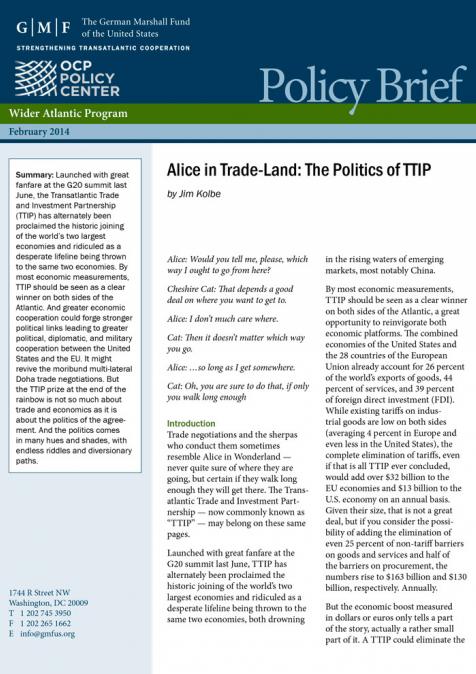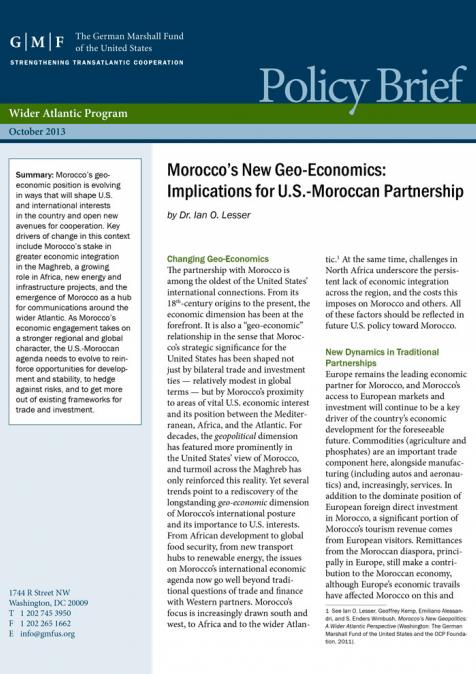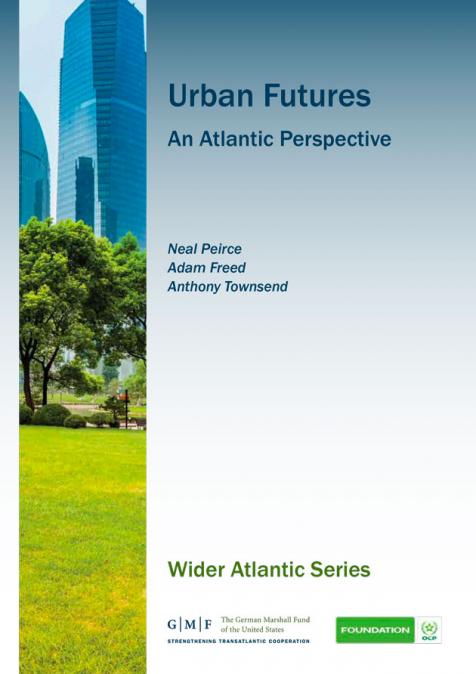Expert:
Podcasts
New South, New Narratives: Reimagining the Global South’s Place in the World
26
February
2026
This podcast explores how new narratives are reshaping the Global South’s position in the international system. Moving beyond the historical North–South paradigm, it highlights the rise of middle powers, the shift of global economic gravity toward the East, and the growing importance of South–South cooperation. These dynamics reflect a transition from aid-based relations to investment, industrialization, and value creation within the Global South.







